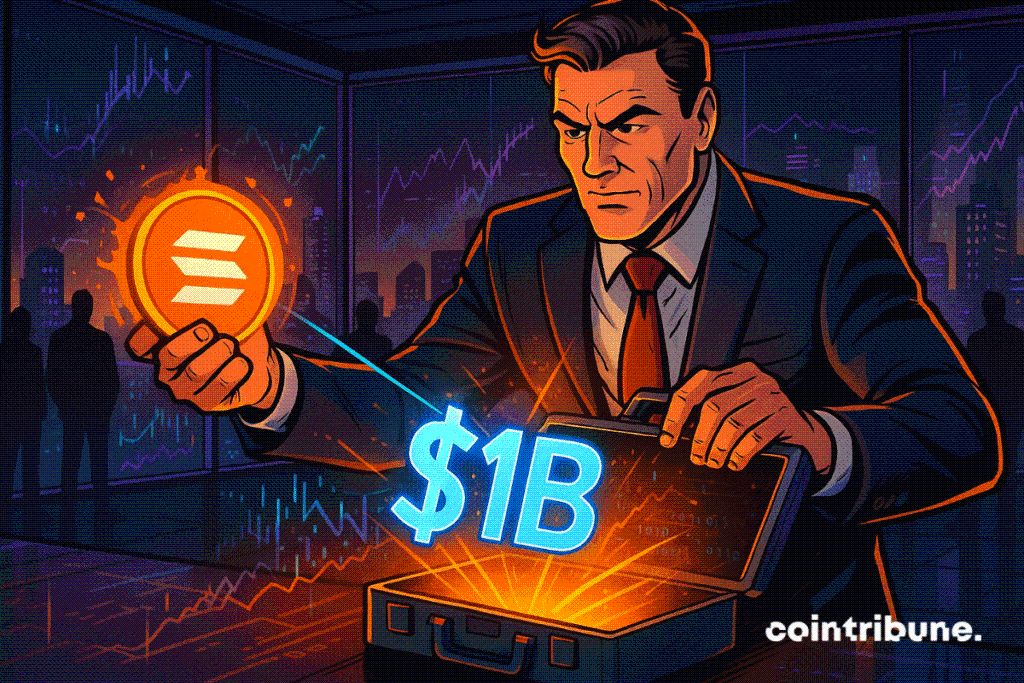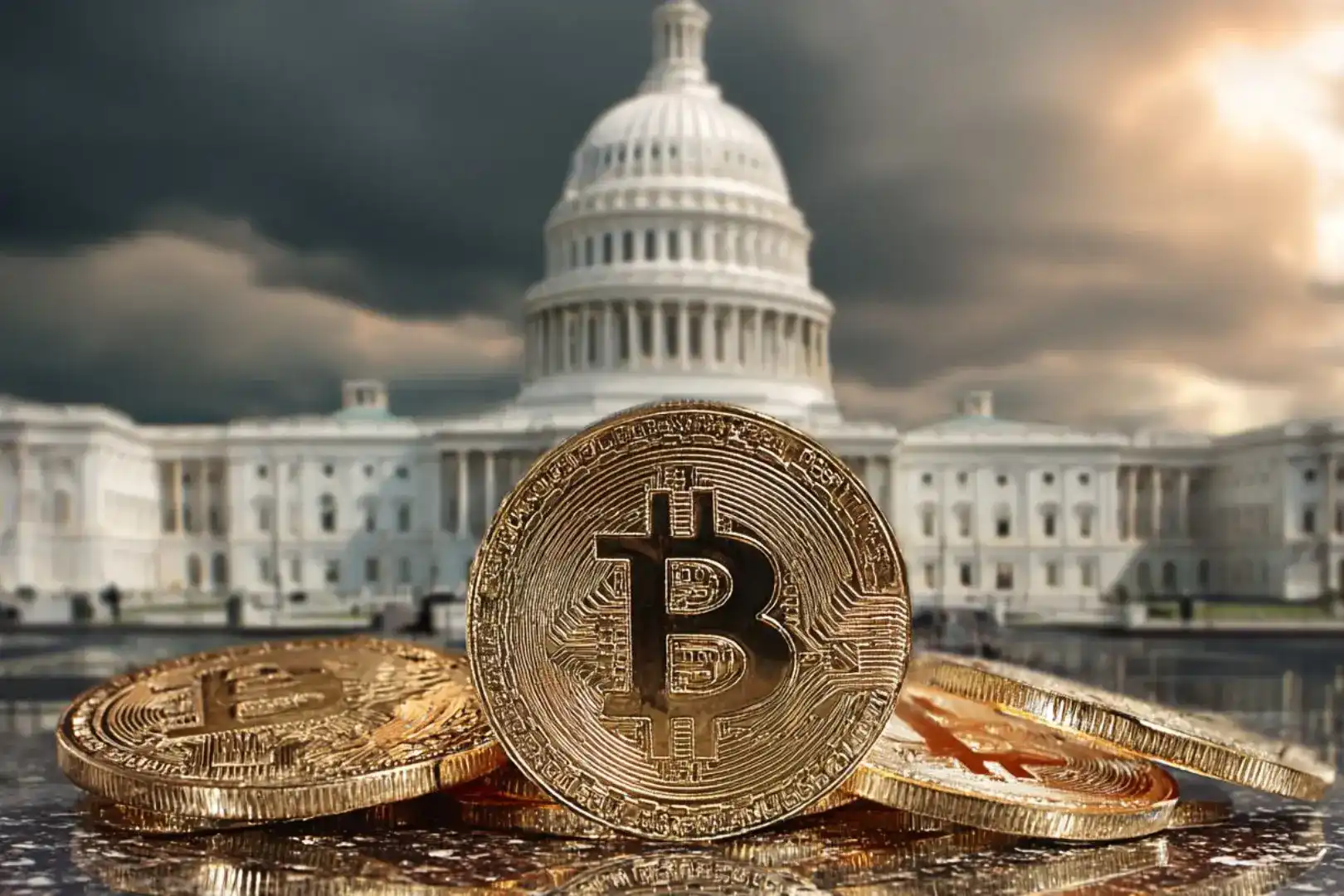Solana Treasury Firm Forward Industries Announces $1B Share Buyback
Forward Industries is strengthening its position within the Solana (SOL) ecosystem, taking a major step with a $1 billion program to buy back its own shares. The initiative, set to continue through September 30, 2027, reflects the company’s focus on Solana, where it holds more SOL than any other corporation.

In brief
- Forward Industries’ board authorized a $1 billion share buyback running through September 2027 with purchases via the open market, block trades, or private deals.
- The company holds more than 6.8 million SOL, making it the largest corporate Solana treasury valued at over $1 billion.
Board Approval and Buyback Structure
The company’s board approved the program on November 3, authorizing Forward Industries to reacquire up to $1 billion of its common stock. The plan allows the firm to repurchase shares gradually, using a combination of methods. Purchases may occur directly on the open market, through block trades, or via privately arranged buybacks, giving the company flexibility to manage its share count while responding to market conditions.
Forward Industries plans to conduct the buybacks in compliance with Securities and Exchange Commission (SEC) rules and may use Rule 10b5-1 trading plans, which let companies repurchase shares without raising insider trading concerns.
Commenting on the initiative, Kyle Samani, Chairman of the Board, said the buyback reflects confidence in the company’s approach and in Solana’s ecosystem and forms part of the company’s effort to create long-term value for shareholders , noting that the resale registration followed a recent PIPE transaction.
Samani also stated that “the authorization gives us flexibility to return capital to shareholders when we believe our stock trades below intrinsic value, all while continuing to execute our Solana treasury and operational initiatives.”
Solana Holdings and Market Pressures
Forward Industries maintains a significant position in Solana, holding more than 6.8 million SOL. According to data from CoinGecko, this stake is valued at approximately $1.07 billion , making it the largest corporate Solana treasury.
Meanwhile, the company’s stock fell roughly 25% in a single day following the buyback announcement. The decrease coincided with softer market sentiment among cryptocurrency-focused equities. Even with substantial SOL holdings and a structured repurchase program, Forward Industries faced downward pressure as investors reacted to broader market trends.
Solana itself has shown a similar downward trajectory, dropping more than 19% over the past week and over 3% in the last 24 hours. The token hit $148 on Tuesday, its lowest level since July 9, as the broader crypto market continues to struggle.
The recent weakness in the market reflects broader challenges for companies that adopted a crypto treasury model during the bull run. These firms built up large digital asset holdings to support their operations and explore higher-growth opportunities. Current conditions, however, have exposed pressures within this approach.
Experts from Standard Chartered point out that many of these companies are now under pressure, with enterprise values falling below the market value of their crypto holdings, compressing their market net asset value and creating a clear valuation squeeze.
Disclaimer: The content of this article solely reflects the author's opinion and does not represent the platform in any capacity. This article is not intended to serve as a reference for making investment decisions.
You may also like
Three things that must happen for Bitcoin to avoid bear market
A $500 billion valuation giant is emerging
With a valuation comparable to OpenAI and surpassing SpaceX and ByteDance, Tether has attracted significant attention.

Prediction markets meet Tinder: Can you place bets on Warden's new product by simply swiping left or right?
No need for chart analysis, macro research, or even inputting the amount of funds.

Why does bitcoin only rise when the U.S. government reopens?
The US government shutdown has entered its 36th day, leading to a decline in global financial markets. The shutdown has prevented funds from being released from the Treasury General Account (TGA), draining market liquidity and triggering a liquidity crisis. Interbank lending rates have soared, while default rates on commercial real estate and auto loans have risen, increasing systemic risk. The market is divided over future trends: pessimists believe the liquidity shock will persist, while optimists expect a liquidity release after the shutdown ends. Summary generated by Mars AI. The accuracy and completeness of this summary are still being improved as the Mars AI model is updated.

